
This logo isn't an ad or affiliate link. It's an organization that shares in our mission, and empowered the authors to share their insights in Byte form.
Rumie vets Bytes for compliance with our
Standards.
The organization is responsible for the completeness and reliability of the content.
Learn more
about how Rumie works with partners.
Want to get your hands on a bachelor’s thesis? Here’s what you should know…
A thesis is an extra-long research paper that covers more depth than breadth of your chosen topic.

Students write the thesis during their final year of college as a rewarding end to their academic journeys. However, many institutions make it optional due to the possibility of mental burnout and significant time away from classes.
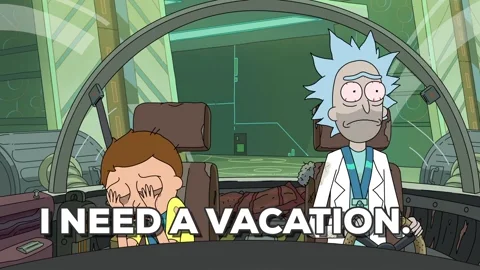
If you want to avoid the mistakes I made when committing to thesis work, use these 5 tips I wish I'd known beforehand.
Tip 1: Thoroughly RESEARCH every professor who catches your attention.

At first, my heart was set on a couple of professors who really knew their stuff about the brain. Without much thought, I saw myself soaring to advance the field of neuroscience.

In reality, however, doing so meant putting in the effort to learn the material and form a strong mentor-mentee bond. I didn't think of this the first time around, which led me to open up to other potential thesis advisors.

Consider the following resources as you search for a professor as your desired thesis advisor:
Professor profile or lab website: Your university website should state the professor's research interests and published works.
Rate My Professors:Some professors are great, while others aren't. Review the ratings, just like you would when registering for classes.
Informal shadowing: Send emails to the professors you're considering, and they'll be happy to chat with you about what they're currently doing.

Tip 2: Spend at least A YEAR with your desired thesis advisor.
Spending a year in the lab was my original goal before I asked my favorite neuroscience professor to supervise my thesis. Unfortunately, I did little to no work after one semester, so he recommended that I reach out to a different professor.

It took me several tries to secure a thesis advisor, who was a physics professor with no knowledge of the brain. Things didn't feel quite the same when I switched labs, but there would be no thesis without an advisor at hand.
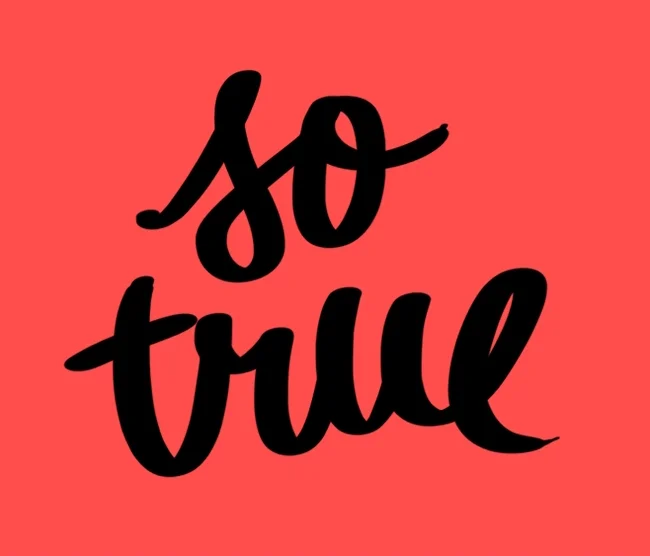
Here's what you can do to have a great first semester in the lab:
Communicate regularly. Set a regular meeting time with your desired advisor to discuss expectations and provide updates on your project.
Take initiative. No matter how busy you are, you should engage in scholarly discussions, propose new ideas, and identify ways to communicate your findings to the public.
Get organized. You're meeting a number of goals and deadlines for your project, so you must possess strong goal setting, time management, and note-taking skills.

Tip 3: Prepare IN ADVANCE for every meeting and presentation.
My thesis advisor reacted to my work ethic in two ways.
The first side of him was thrilled when I held one-on-one meetings twice a week and organized the material to discuss in each meeting.

His other half was furious when I showed up unprepared, made an excuse for not doing the work, or did something to my project behind his back.

Either way, I had to be fluent in the subject matter or risk losing my advisor's trust. Luckily, you don't have to choose between being prepared or unprepared for meetings.

Try doing the following:
Use slide decks. Professors use slide decks all the time during lectures. Why not teach them with your own deck?
Study with visual aids. They helped me get good grades in class, so I made the most out of them as I prepared to discuss my progress.
Block time on your calendar for ONLY your thesis. Since it demands a significant portion of your time, find at least 4-5 available times that work for you. Lunchtime also helps — just keep plenty of snacks with you. 😉

Quiz
Your friend Jasmine is preparing to meet with her thesis advisor, who wants her to display the data she collected. Somehow, she is lost on how to best discuss her progress. Which of the following strategies should she use?
To prepare for her meeting, Jasmine should create and show slide decks using PowerPoint or Google Slides. This will allow her to easily visualize the data and facilitate discussions with her advisor. She may also find it valuable to block off time on her calendar to review her notes with visual aids. Jasmine shouldn't show up to the meeting unprepared, as this may leave her advisor feeling frustrated. Drawing the plots by hand is more time-consuming than generating them with certain software. Using video to explain how you created the plots can't replace real discussions during the meeting.
Tip 4: Accept all the FEEDBACK from your thesis advisor.
Feedback can feel painful, but you need it to mature as a scholar and improve your research skills.

My thesis feedback varied widely, from simplifying my code to correcting my plots to determining the significance of each PowerPoint slide.

My advisor even asked me challenging questions about why I did certain tasks for my thesis. Answering them felt like another opportunity for criticism.

No matter how much feedback you get, there's no need to shy away from it. You can tackle it by taking these steps:
Respond to it as best you can. You know what's going on in your thesis, so play to your strengths when correcting your work.
Visit your campus writing center. The consultants can help you construct your arguments and improve the flow of your writing.
Contact your advisor if you get stuck. If any of your given comments confuse you, send to the professor an email for clarification, or wait until your next meeting to discuss in-person.
Tip 5: Give yourself time to WRITE while your project is ongoing.
Normally, students space out their thesis writing time across two to three academic terms. I ended up with only one week before graduation to write and present the entire paper.

My advisor meant well when he prioritized experimentation and data analysis before I could type even a single word. However, I didn't need his permission to start the writing process. That would've saved me from pulling two all-nighters to defend my work on time.

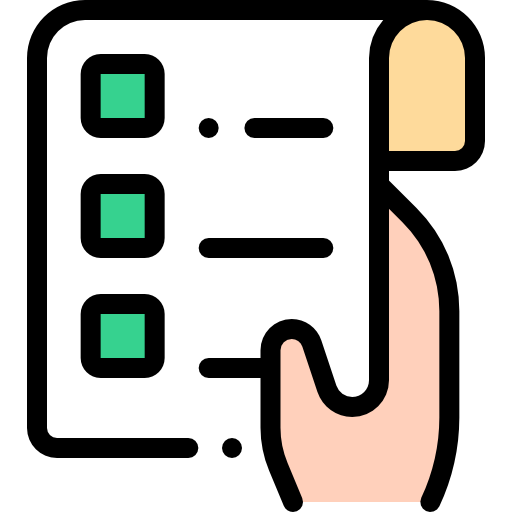

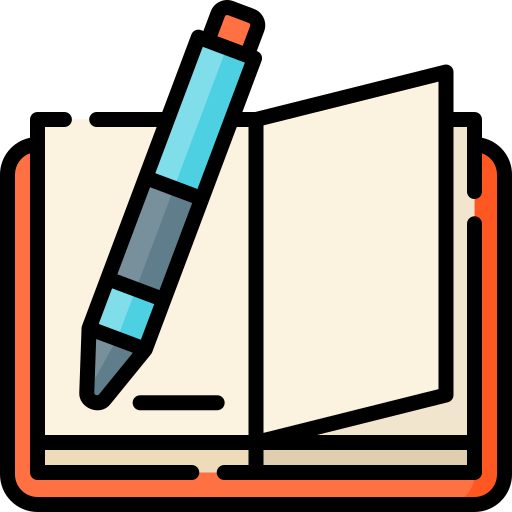
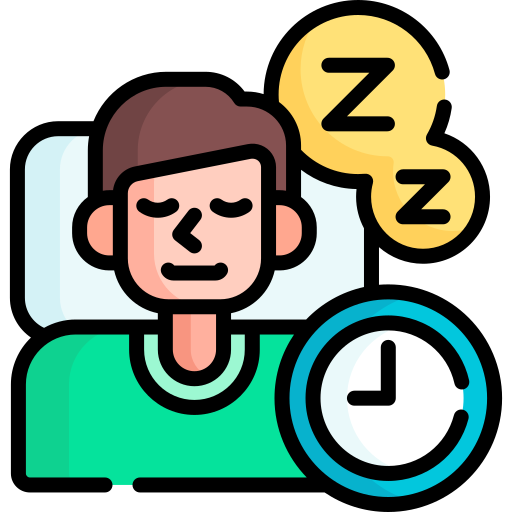
Here are a few writing tricks to consider:
Outline your paper and slideshow. Outlining can help you visualize how you'd like to guide your audience, especially your advisor.
Store all your raw notes and data in a digital notebook. Since you're typing up your thesis, it's best to scan and auto-save the information that you'll arrange according to your outlines.
Write out and revise your content over time, not at the last minute. You'll find yourself getting better sleep than I did when writing on short notice.
Quiz
Hugh has been experimenting for his thesis for the past few months. He asked his advisor if he could start writing one of his chapters. She suggested waiting until two weeks before graduation to write everything. What should Hugh do?
Hugh should write parts of his paper during his spare time. His advisor's response shouldn't affect him whatsoever, as he should pace himself with the writing process. Waiting until all the data is analyzed can leave Hugh stressed out and rushing to complete the whole draft for his advisor to review. Instead of storing notes in random places, he should use Google Drive, OneDrive, or a similar tool to digitally store them. Writing without an outline is considered freewriting, which may or may not support his thesis.
Did you know?
Dr. Joan Bolker, who authored "Writing Your Dissertation in Fifteen Minutes a Day," provides effective strategies for graduate students to write every day, even if it's only for 15 minutes. However, her advice would definitely be helpful for undergraduates as well!
Take Action

If you're still hyped to tackle the big, bad thesis, more power to you! Remember to:
This Byte has been authored by
Martha Gizaw
Graduate Research Assistant at Virginia Tech
